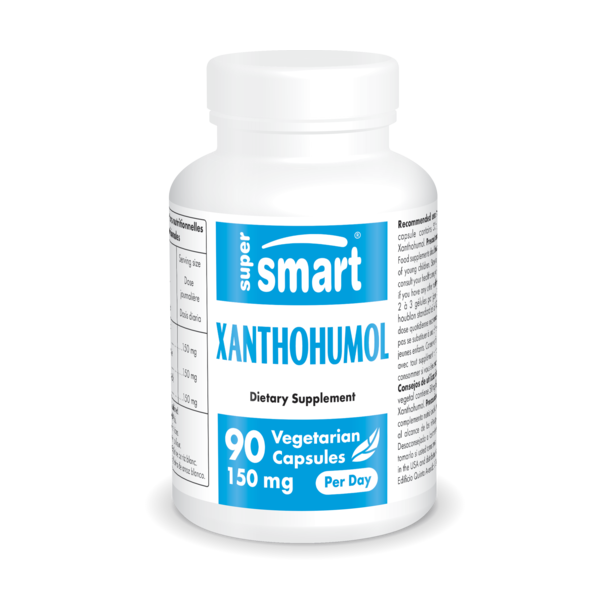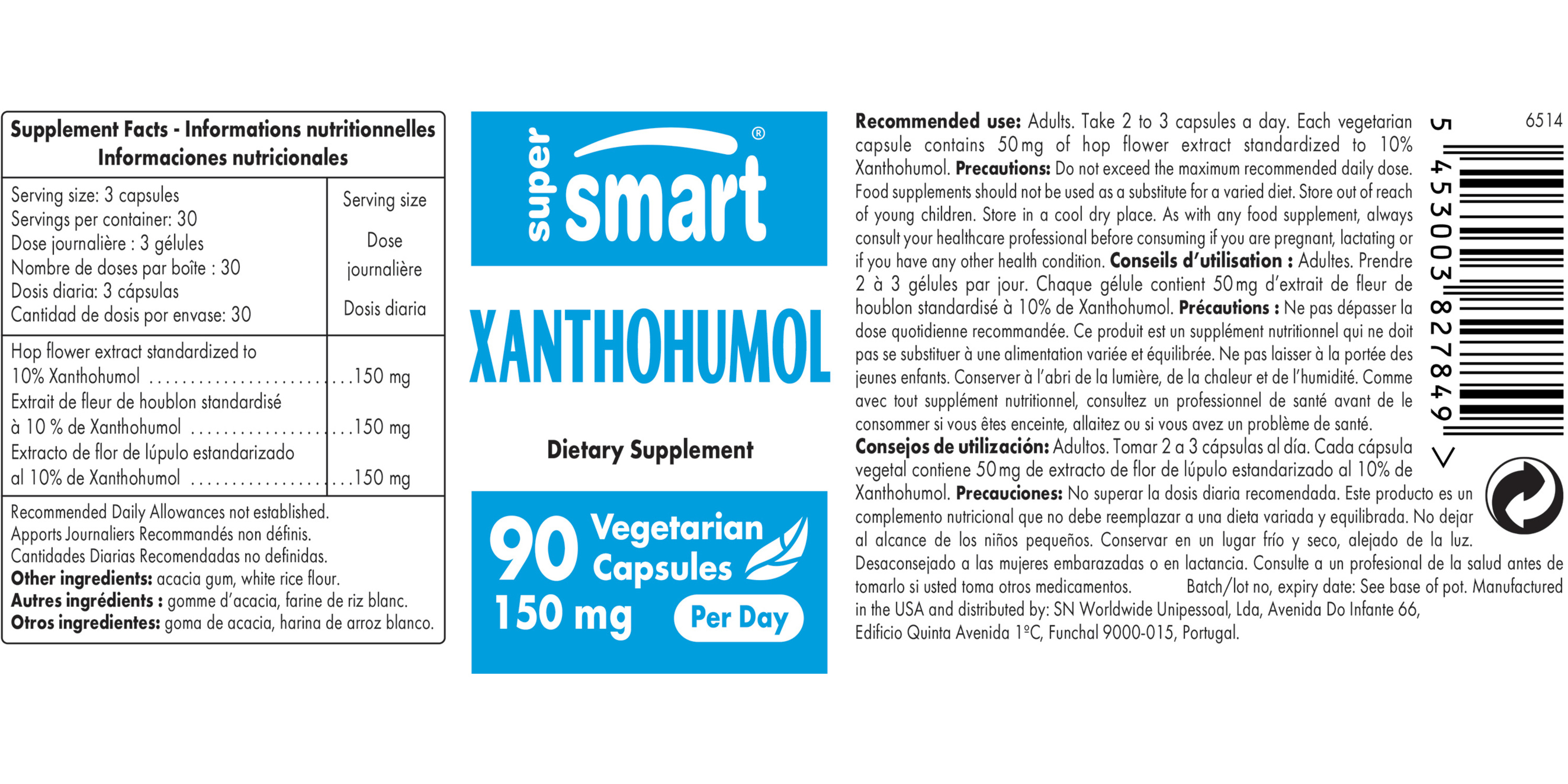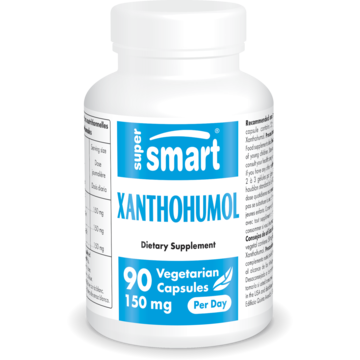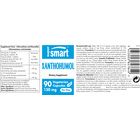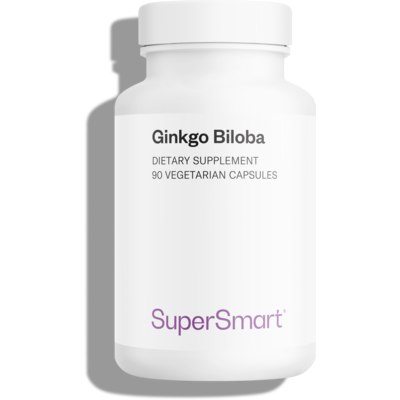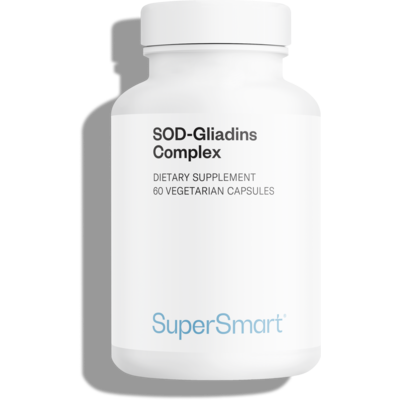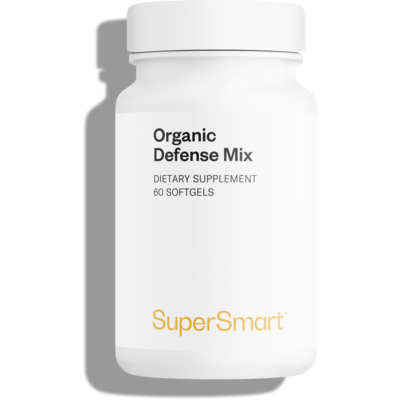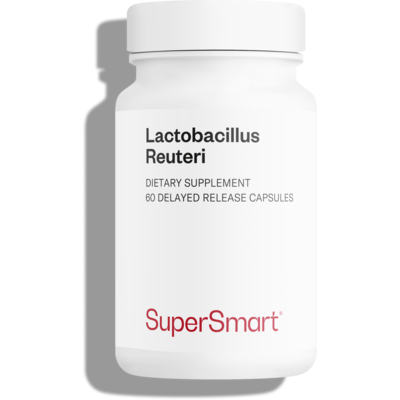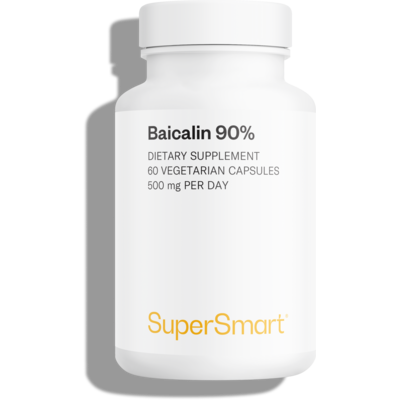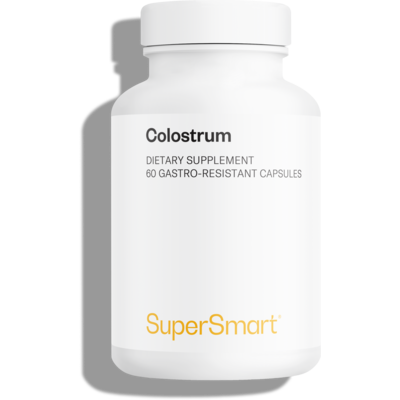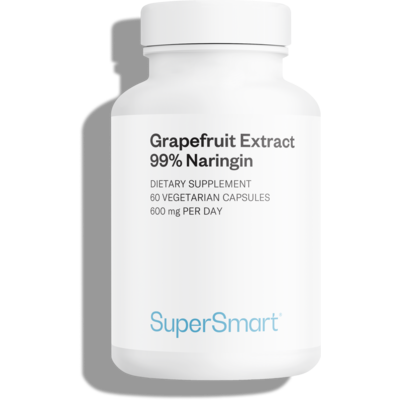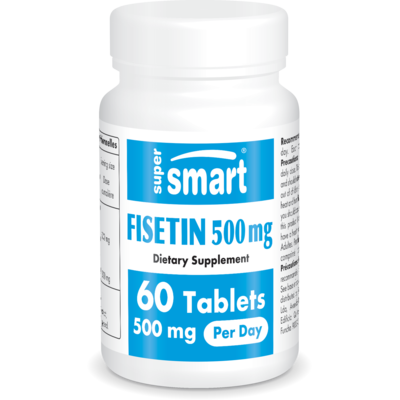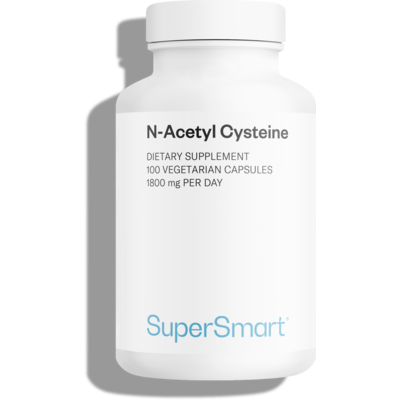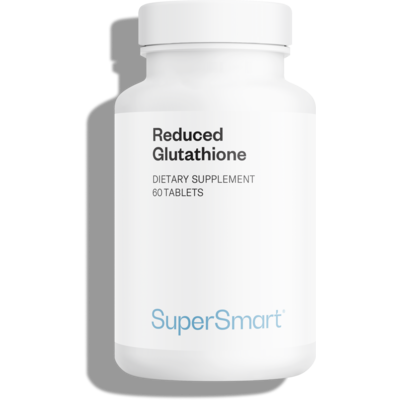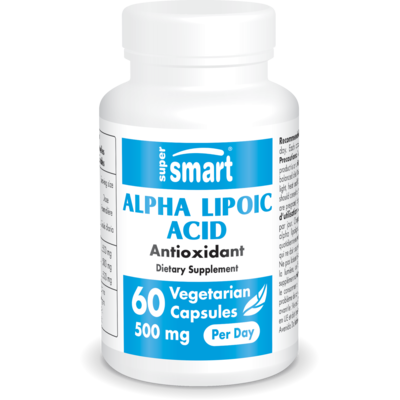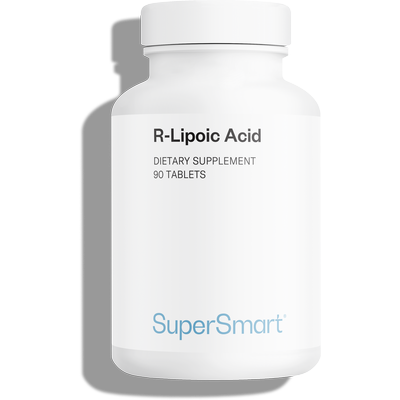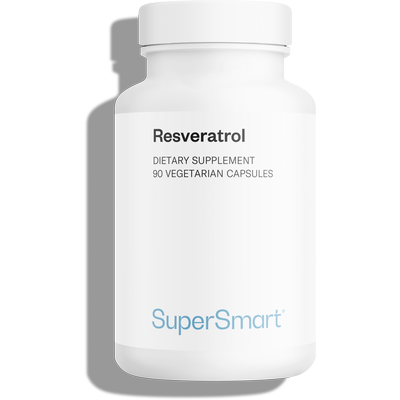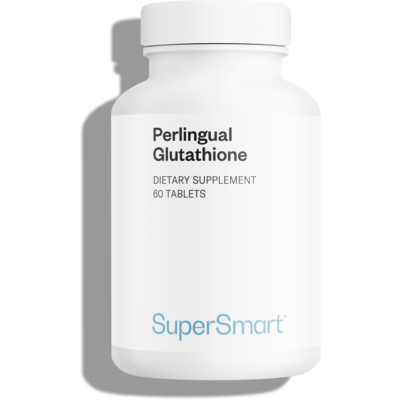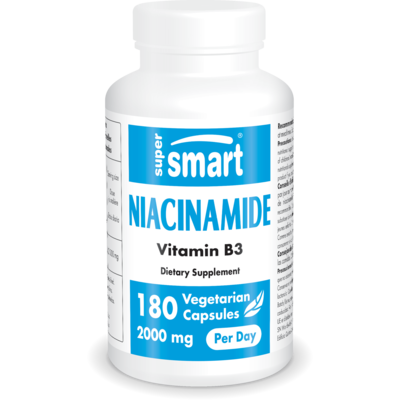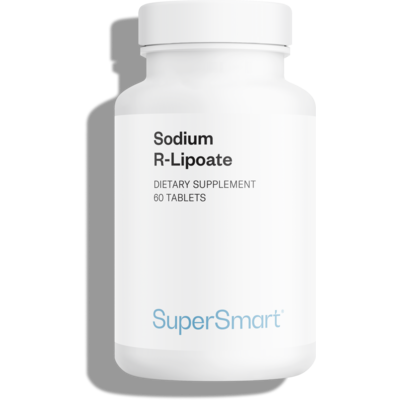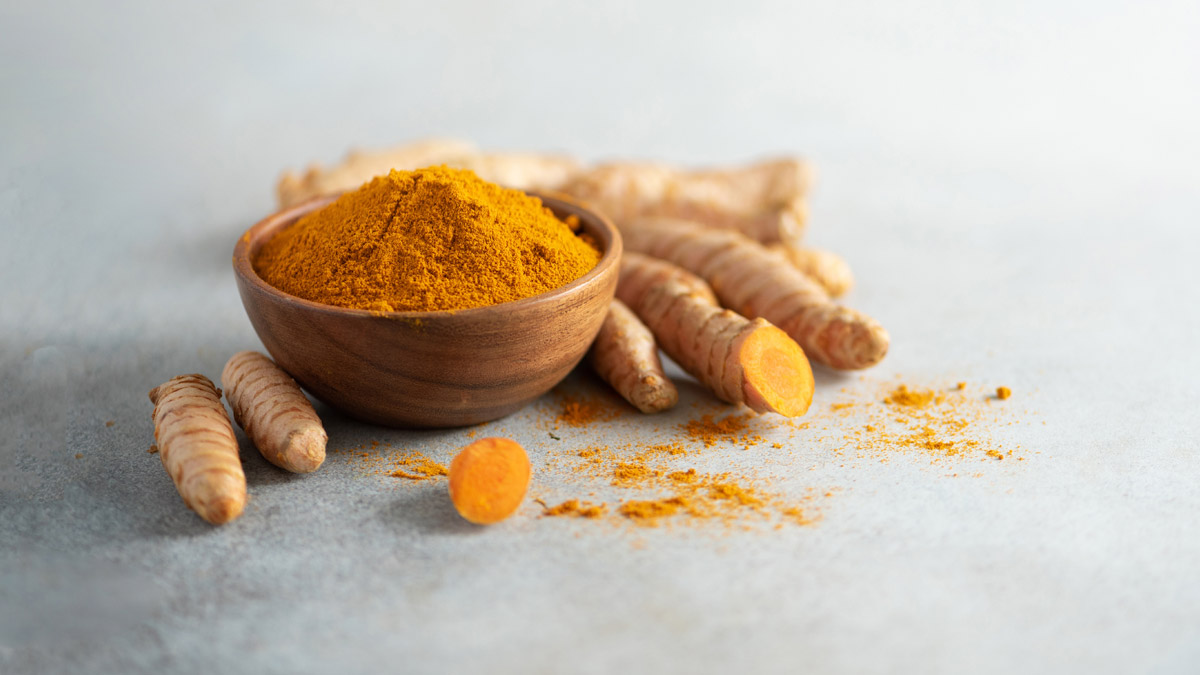Create Your Offer
Xanthohumol is a hop flower supplement containing an exceptional antioxidant flavonoid. The xanthohumol supplement is a phenolic compound that is 200 times more powerful than the resveratrol in red wine and offers truly exceptional cell-boosting properties. Beer is the only dietary source of xanthohumol, though the levels it contains are very low, which causes people to look closer at xanthohumol uses and how to get it. So, what does xanthohumol do and where does it come from?
What is Xanthohumol?
Wine-lovers appreciate the drink's subtlety and sophistication but they also know it is an exceptionally rich source of antioxidants, one of which is the most studied anti-aging substance ever: resveratrol.
However, new research shows that beer is more than a match for its great rival.
Beer is the only dietary source of xanthohumol, a natural cytoprotective antioxidant that is 200 times more powerful than the resveratrol in red wine.
It was Hildegarde de Bingen, a 12th-century Benedictine nun and pharmacologist, who was responsible for introducing hops into beer. Before that, monks had used mainly coriander, gentian, or sage to flavor and preserve their precious nectar, which was given to pilgrims in monasteries and abbeys.
It was immediately evident that the hop offered many benefits: with its preservative properties and positive effects, it quickly became an essential ingredient in the recipe. Over the centuries that followed, it would go on to be used by generations of brewers, until today.
Though the monks had no way of knowing it, its meteoric rise was due to the hop's high content in phenolic compounds, particularly xanthohumol. The problem is that these compounds, which come from the hop flower, are very delicate and tend to make the beer a bit cloudy.
That is why the majority of modern, large-scale beer producers use a chemical (PVPP) to eliminate this cloudiness and prevent deposits from forming in the bottle. So in order to obtain the benefits of xanthohumol, you need to drink beers with a strong hop content, like an India Pale Ale (IPA).
But the best way of benefiting from this cytoprotective compound is to take a hop flower supplement, standardized in xanthohumol, every day. It is an ultra-modern solution (extracting the xanthohumol from the hop inflorescences is a major technological achievement) that draws on its ancient tradition of use and avoids the oxidative effects of alcohol.
Xanthohumol Benefits
What is xanthohumol used for?
Hop flower extract standardized in xanthohumol offers four main benefits, all of which are backed up by scientific literature.
Here are some xanthohumol extract benefits to consider:
- It supports optimal cellular health and combats oxidative stress. Xanthohumol and the phenolic compounds present in hop cones are the most effective natural antioxidants in the plant kingdom. In 2014, Professor Wang and his team showed that at the same concentration, they had greater antioxidant activity than the antioxidants in green tea. A number of studies have also demonstrated the broad-spectrum chemopreventive properties of xanthohumol on cells: induction of detoxification enzymes, inhibition of angiogenesis and inflammatory signals, cytoprotective effects, induction of apoptosis, inhibition of free radicals and procarcinogens.
- It can help lower blood cholesterol levels. In 2017, scientists discovered that xanthohumol promotes HDL cholesterol in the blood, helping to clear arteries and tissues of oxidized cholesterol and direct it towards the liver, where it is broken down. In addition, the other natural compounds that give hop its characteristics disrupt the molecular mechanisms responsible for the initiation, progression, and rupture of the atherosclerotic plaques that cause strokes.
- It is a valuable aid against sleep problems and nervous agitation. Did you know that in Belgium, where hops are widely grown, people are advised to put dried hop cones in their ears to improve their sleep? Research has indeed demonstrated that the compounds in hop produce similar effects to those of melatonin and can normalize circadian rhythms. Several studies have even shown a valerian and hop flower combination to be as effective for improving sleep as synthetic sleeping tablets, but without causing the side-effects associated with these drugs.
- It reduces problems related to the menopause. Hop flowers contain the most powerful phytoestrogen isolated to date: 8-Prenylnaringenin. It acts as a selective modulator of estrogen receptors, helping to reduce discomfort associated with the menopause, such as hot flushes. In addition, xanthohumol is a powerful inhibitor of the bone resorption responsible for osteoporosis.
Other studies have demonstrated its ability to regulate fat metabolism (by improving lipid parameters) and to boost the body's defenses and vitality. By no means exhaustive, this list identifies xanthohumol as a substance of major interest in terms of protection and contributing to factors affecting recovery.
Where does Xanthohumol Come From?
Xanthohumol is extracted from the female cones of the hop plant, a climbing perennial added to beer to improve its taste, aroma, bitterness, frothy texture, and preservation.
It is a chalcone-type antioxidant flavonoid, the only one of its kind, which is found solely in hop flowers. It is, therefore, present in beer, but in tiny amounts. Due to the high temperatures used in the brewing process, it gets converted into another – though less powerful – compound called isoxanthohumol.
Some very hoppy beers (such as IPAs) contain more, as hops are added after brewing.
The hop has been regarded as a medicinal plant for centuries. Its use dates back to the monasteries of 8th century Europe when it was used for its pharmacological properties, in particular for treating anxiety and sleep problems, as well as its benefits for the endocrine system.
What are Xanthohumol's Mechanisms of Action?
The xanthohumol supplement's mechanisms of action come from its extraordinarily high content of phenolic compounds. Recent studies show that regular consumption of these compounds can, in the long run, reduce the risk of many chronic health disorders, such as cardiovascular disease.
Phenols, and particularly xanthohumol, exert modulatory effects in cells by interacting with a wide range of molecular targets of signaling pathways (mitogen-activated protein kinase, protein kinase C, detoxifying antioxidant enzymes, etc.). These effects translate into an increased expression of certain cytoprotective genes, regulation of the normal cell cycle, inhibition of growth, an increase in apoptosis, inhibition of angiogenesis, as well as suppression of oxidative stress, a state of imbalance which impairs the structural and functional integrity of cell membranes. The role played by oxidative stress in the development of chronic diseases is now widely documented in scientific literature.
Phenolic compounds can also influence the composition of gut microbiota and re-establish intestinal barrier function, thus modulating the chronic inflammation associated with metabolic diseases.
Following ingestion, phenolic compounds, such as xanthohumol, are absorbed, distributed to various tissues, and then metabolized by the liver. A proportion undergoes partial conversion by gut flora.
Are there any Xanthohumol Extract Side Effects?
Once you have identified the best xanthohumol supplement for your needs, you want to make sure it is safe to take. For the most part, xanthohumol supplements are safe to take when consumed by mouth.
It is a popular option for short-term medicinal use with most consumers.
However, there are a few xanthohumol side effects to be aware of.
First, hops can cause dizziness in some people. Additionally, women taking this supplement might notice some changes to their menstrual cycle.
It is yet to be determined if taking a xanthohumol extract supplement is safe for pregnant women or those who are breastfeeding. To stay on the safe side, it is best to avoid taking it during these times.
Additionally, there are some chemicals in hops that act like estrogen, which can affect people with hormone sensitivities. You should not take this supplement if you have endometriosis or breast cancer.
Xanthohumol can also cause sleepiness, especially when combined with certain medications and anesthesia during or after surgical procedures. You should stop taking xanthohumol supplements at least two weeks prior to any scheduled surgery.
WARNINGS
Do not exceed the recommended daily dose. This product is a nutritional supplement and should not be used as a substitute for a varied and balanced diet or a healthy lifestyle.
STORAGE
Store in a cool, dry place away from direct sunlight, heat, and humidity. Keep out of reach of children.
PREGNANCY AND MEDICAL CONDITIONS
If you are pregnant, breastfeeding, or have any medical conditions, consult your healthcare provider before using this product.
SUPPLEMENT INTERACTIONS
Consult your healthcare provider before use, especially if you are taking any medications or other supplements as there may be potential interactions.
Need Help?
Phone
+1 (786) 522-3907
From 9 am to 6 pm (EST)
You May Also Like

